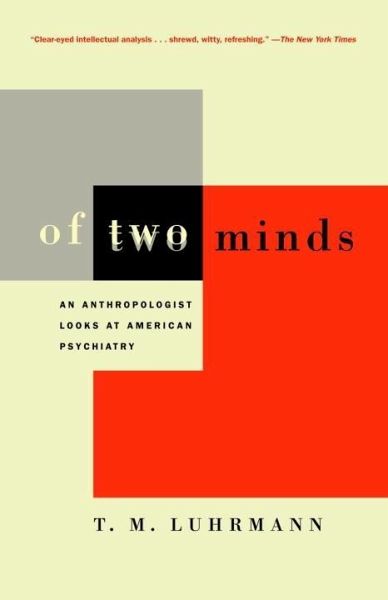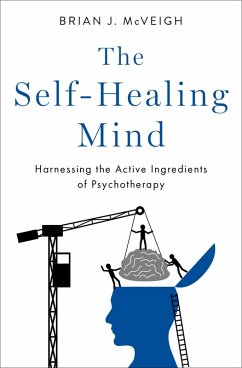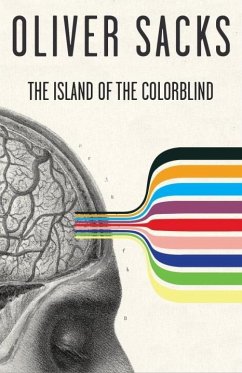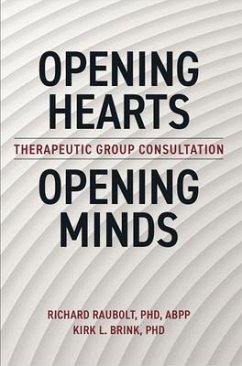
Of Two Minds (eBook, ePUB)
An Anthropologist Looks at American Psychiatry
Versandkostenfrei!
Sofort per Download lieferbar
6,99 €
inkl. MwSt.
Weitere Ausgaben:

PAYBACK Punkte
3 °P sammeln!
In this groundbreaking book, Tanya Luhrmann -- among the most admired of young American anthropologists -- brings her acute intelligence and her sophisticated powers of observation to bear on the world of psychiatry. On the basis of extensive interviews with patients and doctors, as well as day-to-day investigative fieldwork in residency programs, private psychiatric hospitals, and state hospitals, Luhrmann shows us how psychiatrists are trained, how they develop their particular way of seeing and listening to their patients, what makes a psychiatrist successful, and how the enormous ambiguiti...
In this groundbreaking book, Tanya Luhrmann -- among the most admired of young American anthropologists -- brings her acute intelligence and her sophisticated powers of observation to bear on the world of psychiatry. On the basis of extensive interviews with patients and doctors, as well as day-to-day investigative fieldwork in residency programs, private psychiatric hospitals, and state hospitals, Luhrmann shows us how psychiatrists are trained, how they develop their particular way of seeing and listening to their patients, what makes a psychiatrist successful, and how the enormous ambiguities in the field affect its practitioners and patients. How do psychiatrists learn to do what they do? What is it like for psychiatrists to deal with people who are in emotional extremity? How does the choice between drug therapy and talk therapy, each of which requires very different skills, affect the way psychiatrists understand their patients? Boldly and with sharp insight, Luhrmann takes the reader into the world of young doctors in training. At a time when mood-altering drugs have revolutionized the treatment of the mentally ill and HMOs are forcing caregivers to take the pharmacological route, Luhrmann places us at the heart of the struggle -- do we treat people's brains or their minds? -- and allows us to see exactly what is at stake.
Dieser Download kann aus rechtlichen Gründen nur mit Rechnungsadresse in A, B, BG, CZ, D, DK, EW, E, FIN, F, GR, HR, H, I, LT, L, LR, NL, PL, P, R, S, SLO, SK ausgeliefert werden.













